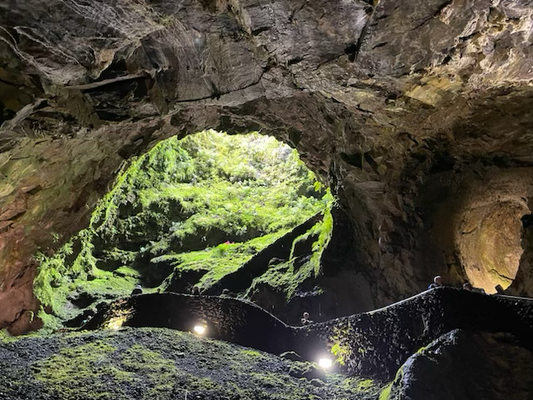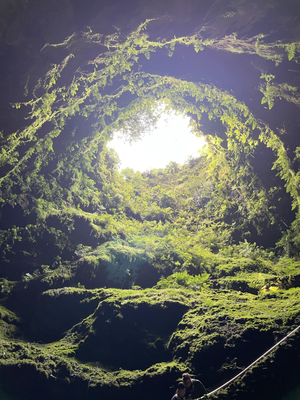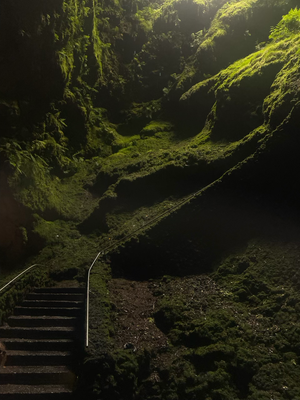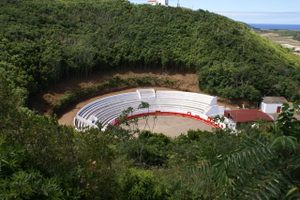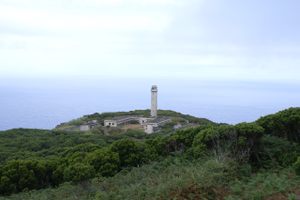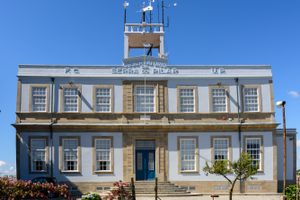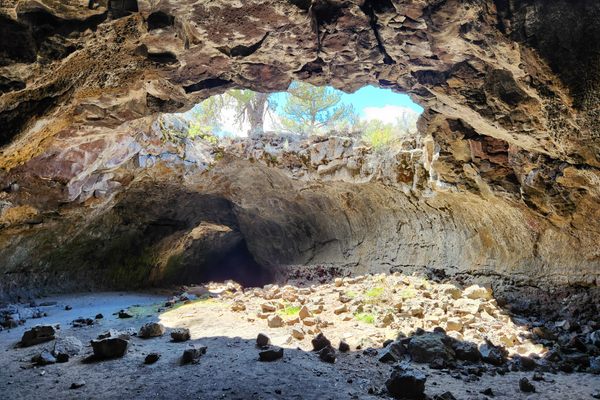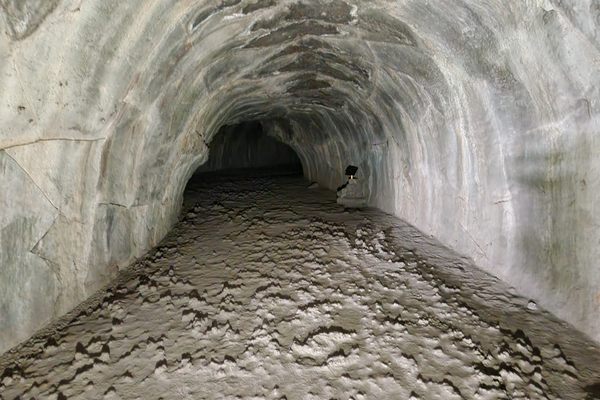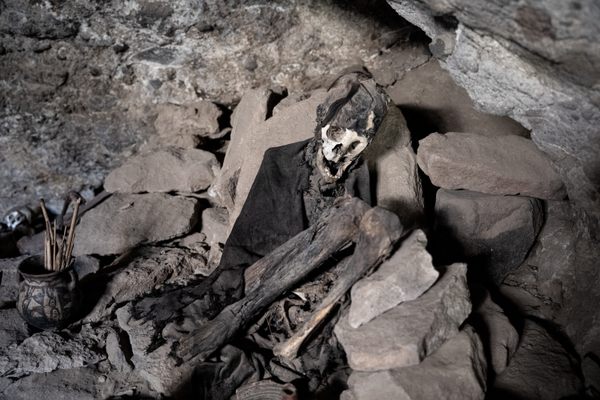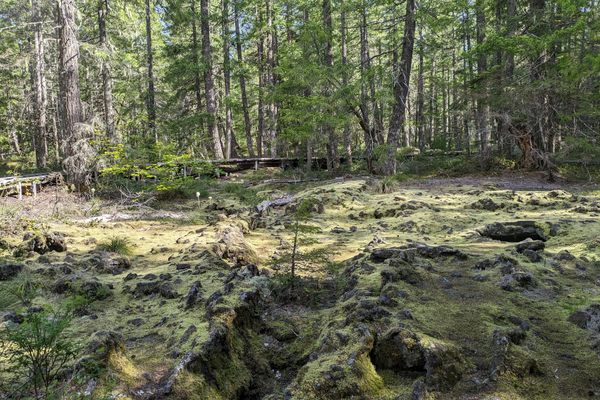About
Imagine molten magma racing through the earth searching for an escape from its underground prison. Every exit it attempts proves too difficult for the firey rock until the magma finds its escape, as pressure builds, it bursts from the mountain in a smoldering rage.
Approximately 2,000 years ago this was the case during the eruption of the Guilherme Moniz volcano and the creation of the Algar do Carvão. The term Algar is the Portuguese term for a natural cavity in the earth that is vertical and carvão is used as the Portuguese term for "blackened," "sooty," or "burnt," to represent the dark color of the rock.
The first descent into the lava tubes was made on January 26, 1893, by Cândido Corvelo and Luis Sequeira with only a rope. Later, in 1934, a second descent was made by Didier Couto, who was able to make the first map of the interior of the tubes. In the late 20th century, the tubes were opened up to the public for tours.
Inside the tubes, visitors can expect to see multiple vaults that were made by the lava's failed attempts at escape, beautiful greenery growing at the opening of the lava tube, and a lake of rainwater at the very bottom that can reach up to 49 feet (15 meters) deep in rainier seasons or could be completely dried up in dryer seasons.
This tube is mainly made of rocks that are rich in silica, and because of this, a harder rock is able to form allowing for the tube to continue standing while others like it have collapsed.
Related Tags
Know Before You Go
The ceiling will drip so make sure to bring a raincoat if you prefer not to get wet. Additionally, the water will make the floor slippery so think about wearing sneakers or hiking boots.
Portugal: A Culinary Adventure from Porto to Lisbon
Explore Portugal through food, from the cities to the seaside.
Book NowCommunity Contributors
Added By
Published
August 5, 2023
